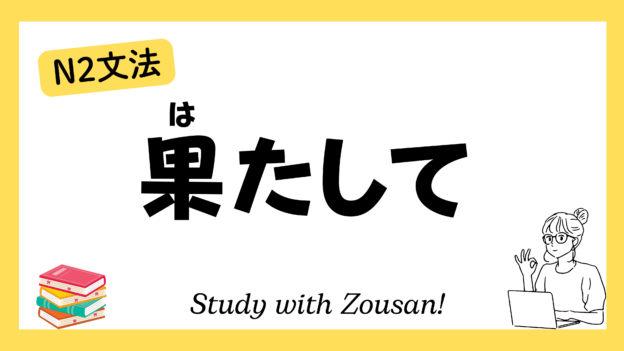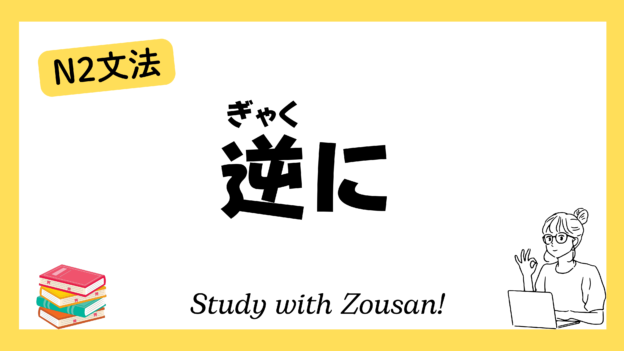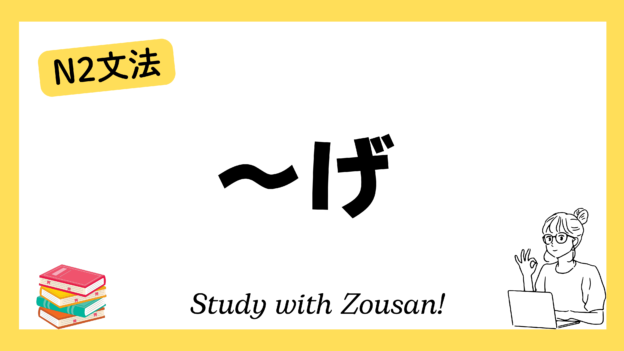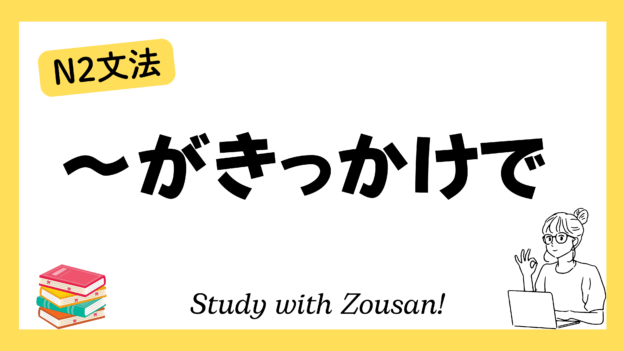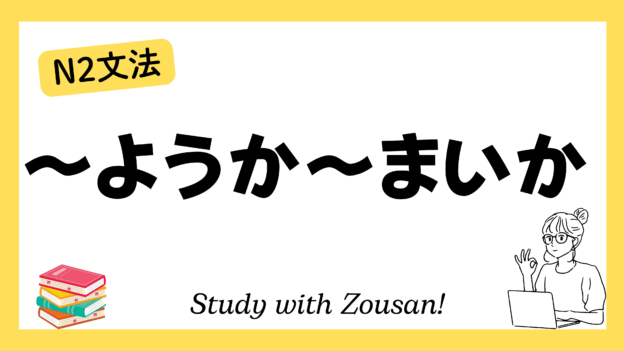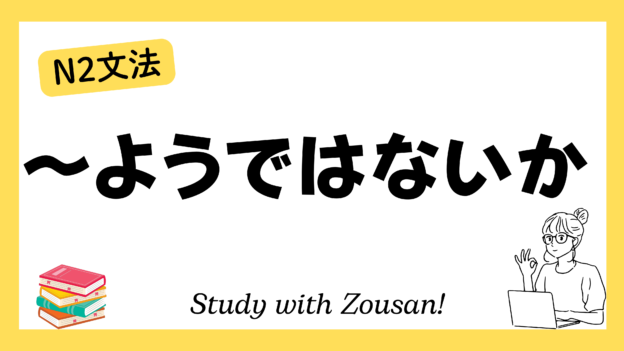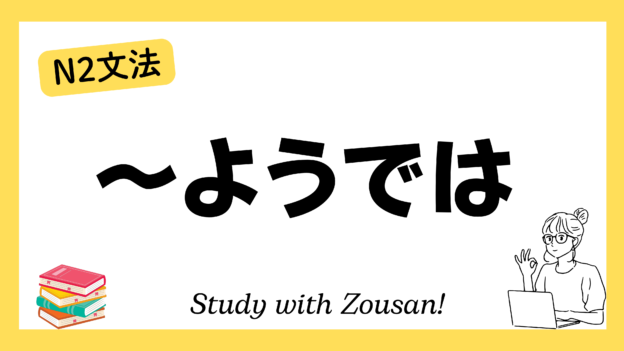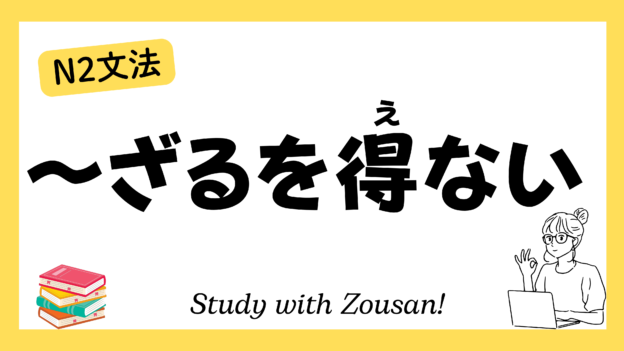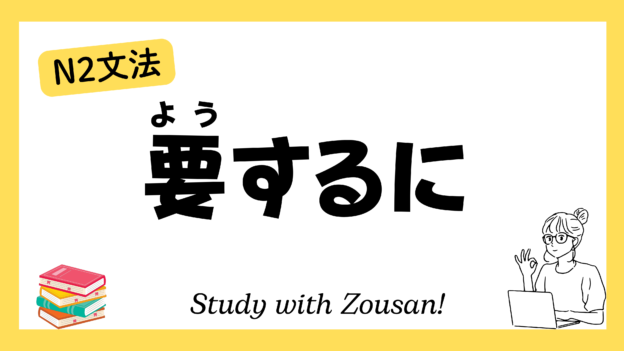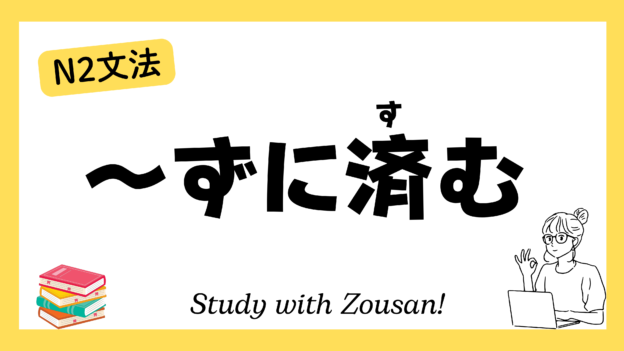Meaning: “Indeed…” / “Really…” / “Will it really…”
“果たして” is often used in questions or hypothetical statements to express doubt, curiosity, or uncertainty about an outcome or result. It conveys that the speaker is wondering if something will actually happen or be achieved and often accompanies sentences with hypothetical or uncertain tones.
※Note:
- “果たして” is commonly paired with questioning or hypothetical phrases such as “本当に”, “どうなるか”, “可能か” to emphasize doubt or curiosity.
- It expresses a sense of anticipation, suspense, or worry about the outcome of an event.
Structure:
| 果たして + phrase |
Example:
-
-
-
🌟 果たして彼は試験に合格できるのだろうか?
(はたして かれ は しけん に ごうかく できる の だろう か)
Will he really be able to pass the exam? -
🌟 果たして彼女は約束を守るのか、疑わしい。
(はたして かのじょ は やくそく を まもる の か、うたがわしい)
I wonder if she will really keep her promise. -
🌟 果たしてこの計画はうまくいくだろうか?
(はたして この けいかく は うまく いく だろう か)
Will this plan actually work? -
🌟 果たして彼は最後までやり遂げるだろうか?
(はたして かれ は さいご まで やりとげる だろう か)
Will he actually see it through to the end? -
🌟 果たして真実は明らかになるのだろうか?
(はたして しんじつ は あきらか に なる の だろう か)
Will the truth really come to light? -
🌟 果たして私たちは明日までに終わるのか?
(はたして わたしたち は あした まで に おわる の か)
Can we really finish by tomorrow? -
🌟 果たしてこの薬は効くのだろうか?
(はたして この くすり は きく の だろう か)
Will this medicine actually work? -
🌟 果たして彼は無事に帰ってくるのだろうか?
(はたして かれ は ぶじ に かえって くる の だろう か)
Will he really return safely? -
🌟 果たしてこの問題に解決策はあるのか?
(はたして この もんだい に かいけつさく は ある の か)
Is there really a solution to this problem? -
🌟 果たして彼の言うことは本当なのだろうか?
(はたして かれ の いう こと は ほんとう な の だろう か)
Is what he says really true?
-
-


